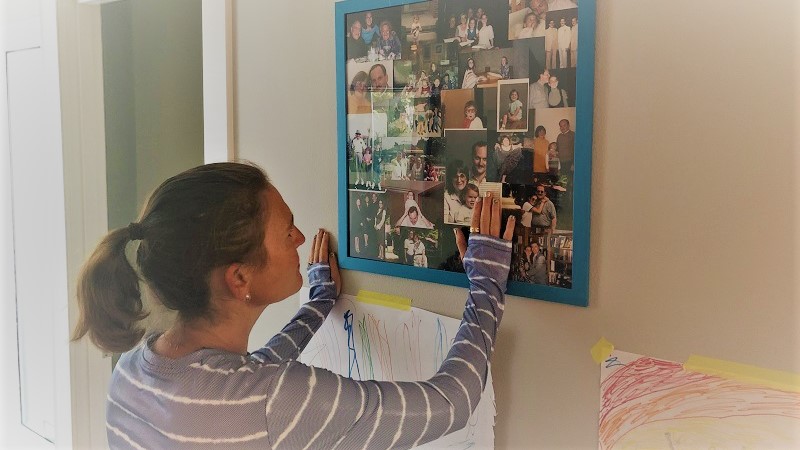It’s difficult to see someone you love in pain. This is certainly the case for me. It hurts me to see people hurting, emotionally or physically. When one of my children – or even my husband – has a bad cut or scrape, I can’t look at the injury or hear about it without my heart sinking into my stomach or even feeling a little lightheaded. It isn’t so much that I can’t stand the sight of blood, it’s that I feel deeply in my body the pain of other people. I carry their hurt with me. Sometimes this is called sympathy pain (although maybe it should be called empathy pain) or even just being sensitive. Regardless, our ability to “feel” with another and to hold each other’s feelings and pains is one way in which human beings can support and show compassion for one another.

In addition to feeling physical pain, there is a different experience of sharing non-physical pain, the kind of pain brought on when someone’s honor is damaged or disrespected. The question explored in this week’s Torah portion is who shares that type of pain when you experience it? Is it your immediate family? Is it your circle of friends? Or could that pain possibly be shared with people who came long before us?
This week we read Parshat Chukat, which is full of plot twists and new experiences for the Israelites. The lands of Sichon and Og are conquered, both Miriam and Aaron die, and we learn that Moshe will not be allowed to enter into the land of Israel. In the middle of these major developments, we are also given a purification process that seems somewhat out of place in the context of the significant events that follow it.
As the Israelites travel out from Kadesh, Moses sends messengers ahead to the king of Edom. He shares the following in chapter 20, verses 14-16: “Thus says your brother Israel: You know all the hardships that have befallen us; that our ancestors went down to Egypt, that we dwelt in Egypt a long time, and that the Egyptians dealt harshly with us and our ancestors. We cried to the Lord and He heard our plea, and He sent a messenger who freed us from Egypt.” It’s quite a dramatic message, and ultimately a message of faith to say, “We’ve been hurt and abused, but we’ve got God with us.”
One line feels a bit odd, however. What does it mean for the Egyptians to have dealt harshly “with us and our ancestors?” The word used is avoteinu, which is the way the Torah refers to Abraham, Isaac, Jacob, Sarah, Rebekah, Rachel, and Leah. But we know that aside from Jacob, none of the rest of our ancestors were in Egypt, which means none of them were dealt harshly with. So why phrase it this way?
Bamidbar (Numbers) Rabbah interprets this to mean that when Israel suffers, our ancestors in heaven feel their pain. We often talk about how the pain of the present can affect future generations, but we don’t often think that our past can feel our current pain. If you think about it, though, it makes sense in relation to how we already think about the past. I’ve heard plenty of times “Your dad would be so proud.” Do they mean that he would only be proud if he were still alive? Or is there a deeper connection that suggests he’s still proud on some level that we believe in, but can’t really understand? Or could I make the memory of him proud? And if the memory of him can be proud, can the memory of him also feel shame or hurt or pain?
This week our Torah portion sends us a hopeful message, especially as we’re finally renewing relationships with people in person. The message is that we are all connected in many more ways than through either our stories or through our physical interactions. Rather, it’s both. And perhaps coming to this realization that we can feel each other’s pain, see each other’s vision, and help each other achieve greatness would make our ancestors proud.



